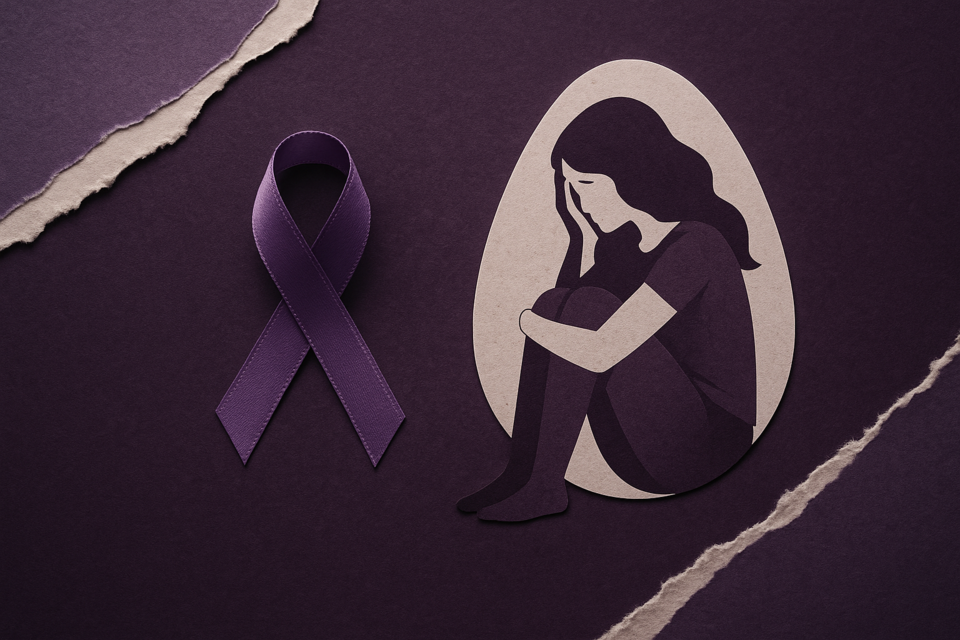Domestic Violence Awareness
Methods to Recognize, Escape & Prevent Domestic Violence
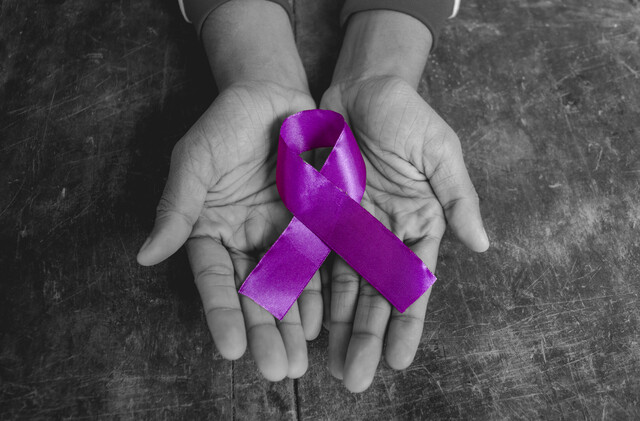
8 Hours average completion time
0.8 CEUs
11 Lessons
12 Exams & Assignments
1424 Discussions
11 Videos
13 Reference Files
106 Articles
Mobile Friendly
Last Updated December 2025
Understanding and Combatting Domestic Violence: A Comprehensive Guide
In recent years, the disturbing increase in domestic violence, often termed domestic abuse, has captured global attention. This pervasive issue transcends boundaries of age, gender, race, and socioeconomic status. Addressing domestic violence demands a multi-faceted approach: beyond just alleviating immediate suffering and providing protection, it's imperative to comprehend its roots. By understanding the underlying triggers, we can equip future generations with the tools to foster abuse-free environments.
Course Overview:
This comprehensive course offers an in-depth exploration into the multifaceted aspects of domestic violence. We aim to shed light on the psychological, social, and legal dimensions of abuse, providing learners with a holistic understanding that is essential for those keen on making impactful changes, be it personally, professionally, or at community levels.
Course Modules:
-
Lesson 1: Defining Domestic Violence - Delve deep into the nature of domestic abuse, exploring its forms and manifestations, supported by real-life cases and statistical overviews.
-
Lesson 2: Identifying Abuse - Recognize the subtle and overt signs of domestic violence, enhancing your ability to detect and intervene effectively.
-
Lesson 3: Decoding the Victim's Perspective - Examine the intricate reasons that may cause victims to remain with their abusers, supported by psychological and sociological insights.
-
Lesson 4: Lending a Helping Hand - Equip yourself with effective strategies and communication skills to assist victims, empowering them to break free from toxic situations.
-
Lesson 5: Navigating Legal Labyrinths - Familiarize yourself with essential legal aspects, including Protection from Abuse (PFA) and Protective Restraining Orders (PRO), understanding the limitations and strengths of the legal system.
-
Lesson 6: Safety First - Learn about vital safety measures, from creating robust escape plans to ensuring protection for children, ensuring immediate protection from threats.
-
Lesson 7: Grappling with the Aftermath - Delve into the long-term psychological and emotional consequences of abuse, and the rehabilitation processes involved.
-
Lesson 8: Rediscovering Love - Understand the challenges and intricacies of forging relationships post-abuse, providing survivors with hope and guidance for a brighter future.
-
Lesson 9: Championing Survivors - Acquire techniques to support and uplift survivors, enabling their seamless integration into society, fortified with newfound strength.
-
Lesson 10: Breaking the Chain - Explore effective strategies to prevent the perpetuation of abuse across generations, safeguarding future families.
-
Lesson 11: A World Without Abuse - Envision and work towards a society where violence is an anomaly, arming yourself with tools for sustained community awareness and action.
Why This Course?
Domestic violence is not just an individual or family problem; it's a societal concern. Equipping oneself with knowledge is the first step towards combating this grave issue. Our course is structured to provide not just an academic perspective but to foster empathy, resilience, and proactive responsiveness among participants.
With real-world examples, case studies, expert interviews, and interactive sessions, learners will be exposed to a rich tapestry of insights, preparing them to be vanguards against domestic abuse. Whether you're a social worker, law enforcement official, counselor, or a concerned individual, this course offers invaluable insights and skills.
By the end of this course, participants will not only have gained a profound understanding of domestic violence but will be empowered to effect tangible changes in their communities. Together, we can shape a world where homes are safe havens, devoid of fear and filled with love. Enroll now and be part of this transformative journey.
- Knowledge of legal protective measures
- Empathy for victims' perspectives
- Advocacy for societal awareness
- Mastery of safety planning strategies
- Prevention of generational abuse
- Support for survivors' reintegration
- Recognition of subtle abuse signs
- Holistic understanding of domestic violence
- Effective communication with survivors
- Skills in building healthy relationships
-

Investing 201: Intro to Commodity, Options, and Futures Markets
-

Restaurant Management Mastery
-
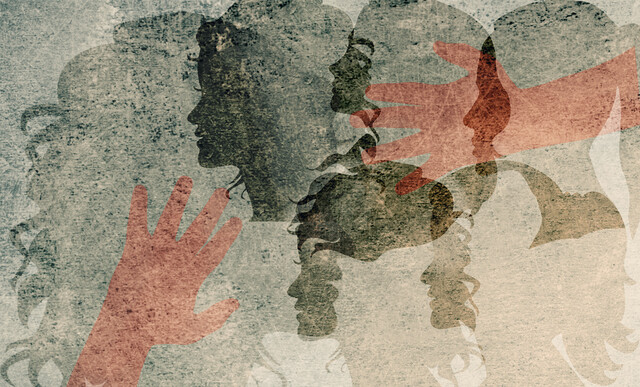
Child Abuse Recognition, Investigation, and Protection
-

Understanding Addictions
-

Current Discoveries of the Universe
-

Basic Parenting Skills
-

Tea Party Mastery: From Brew to Ambience
-

Home Safety
-
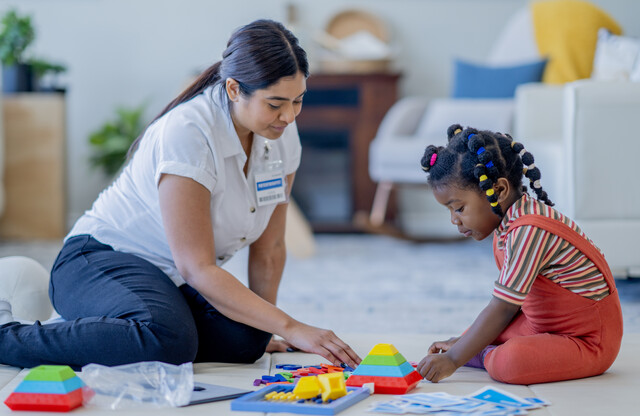
Introduction to Child Psychology
-

Debt Reduction
-

Preventing Workplace Harassment
-

Empowerment for Single Parents
-
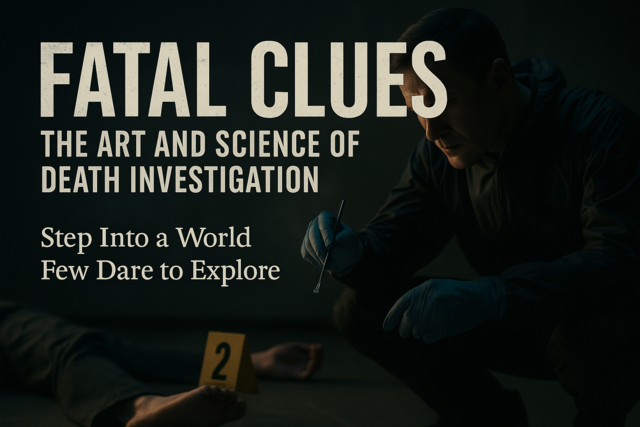
Fatal Clues: The Art and Science of Death Investigation
-

Assertiveness Training
-

Emotional Intelligence
-

Introduction to Abnormal Psychology
-

Child Safety for Parents
-

Depression Management
-
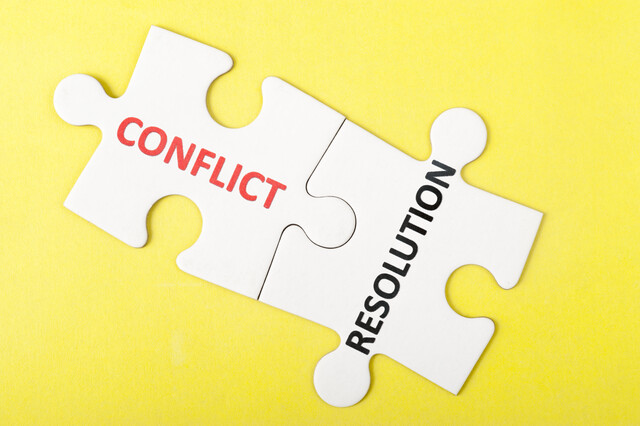
Conflict Resolution
-

Stress Management
-

Building a Bully-Free Future
-

Positive Parenting Techniques
-

ESL Grammar Skills Level 2
-

Critical Thinking Skills
-

Mediation 101
